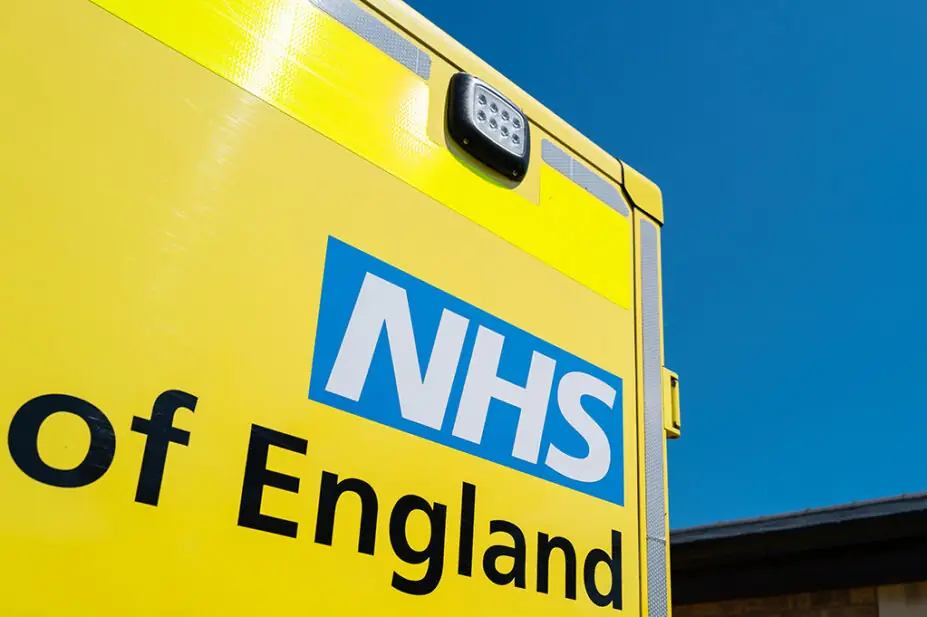
Shutterstock.com
NHS England has set a target to realise £1bn in medicines savings by 2029, with manufacturers’ representatives warning that the UK must be “conducive to suppliers” to meet this goal.
The target was revealed in board papers published on 27 March 2025, which listed improving commercial arrangements as a “key measure for next year”.
Having realised “close to £500m in medicines savings” in 2023/2024, the papers said NHS England “has set an ambition to save the NHS £1bn by 2029”.
NHS England is also targeting further cost-saving opportunities in the supply chain of around £500m in 2025/2026 and up to around £1bn by 2030.
The cost-saving target has followed the publication of a report on 19 March 2025 by the Company Chemists’ Association (CCA), which found that the number of price concessions granted for generic medicines increased by over 740% from 2015 to 2024.
The CCA report concluded that the medicines pricing system was creating a “false economy” in driving medicines shortages.
In January 2025, NHS England told The Pharmaceutical Journal that switching from original biologic to biosimilar medicines could save the NHS £1bn over five years.
Mark Samuels, chief executive of the British Generic Manufacturers Association, told The Pharmaceutical Journal: “The UK has the lowest medicine prices in Europe thanks to its well-established generic and biosimilar sector, which is underpinned by competition.
“Four out of five NHS patient prescriptions come from off-patent medicines, saving the NHS billions of pounds every year. In the next five years, another 250 products will lose their patent exclusivity, giving the NHS further significant savings opportunities.
“But for this to be fully realised, the UK must be conducive to suppliers, which requires government support. We must also retain critical NHS England capabilities, such as the Medicines Value and Access function, to deliver these substantial savings.
“The UK competes with other countries for stock allocations of medicines, and international companies will make rational decisions on where they send their limited supplies. Successive administrations have largely ignored the generics sector despite its intrinsic importance to the nation’s health.”
The NHS board papers also listed “tech and digital investment” as an important measure, specifically through investing in the rollout of electronic patient record systems, increasing coverage of the NHS Federated Data Platform and development of the NHS app.
“The NHS has committed to improving annual productivity growth by 2% for 2025/2026, with plans to continue to drive improvements [on] clinical and operational activity, to reduce costs and to improve wider efficiency,” the board papers said.
1 comment
You must be logged in to post a comment.



Unit dose preparation and supply of medicines is now becoming the norm across Europe with most countries adopting the system.
So, is there a case to consider unit dose dispensing in British hospitals?
The present system of ‘one stop dispensing’ is extremely inefficient. A seven day pack is dispensed for an individual in patient and if the prescription changes before the week is up, the part used pack is returned to the pharmacy. It is then either recycled which is costly in staff time or it is destroyed. In an acute ward setting, prescriptions change frequently, estimated to be between 40-80%, during the first three days after admission. Hospitals have indicated that at least 10% of the inpatient drug budget is wasted. When viewing this process from a sustainability aspect, great improvements need to be made.
The current system is labour intensive on nursing time and is prone to drug administration errors.
A UDD system which is fully automated offers the following advantages:-
• Elimination of drug wastage – estimated to be at least 10% of inpatient drug expenditure. All unused unit doses recycled by robot.
• Drugs supplied to wards/clinical areas just in time for medicine rounds
• Large reduction in drug inventory in pharmacy and on wards (one off saving)
• Reduction in nursing time for drug administration – estimated to be 2.67 WTE nurses per 100 beds.
• Improved patient safety - virtual elimination of drug administration errors
• Reduction in pharmacy time spent on dispensing prescriptions.
• Full audit trail of all doses supplied, administered or returned to pharmacy
• Fully integrated with hospital e-prescribing and e patient records
In a move towards better use of automation unit dose systems will go some way to meet the future plans for the NHS. Large savings on drug expenditure can be made without compromising patient care.